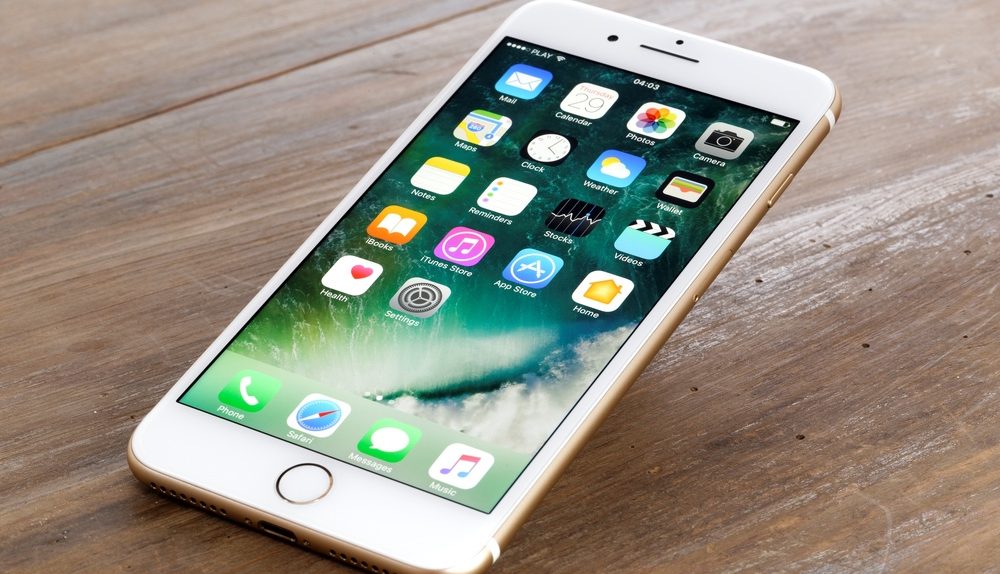In January, Apple filed a $1 billion suit against Qualcomm alleging that the company has been overcharging Apple for components used in the iPhone. Qualcomm, of course, promised to vigorously defend itself and just this month asked the ITC to issue a ban that would prevent Apple from importing select iPhone and iPad models into the United States.
Adding yet another wrinkle to an increasingly complex legal saga, four major Apple partners who help manufacture the iPhone have filed their own suits against Qualcomm. According to a report from Bloomberg, Hon Hai Precision Industry, Compal Electronics, Wistron Corp and Pegatron Corp have joined forces and now allege that Qualcomm’s actions run afoul of anti-trust law.
“The contract manufacturers, who were dragged into the fight when Qualcomm sued them separately for payments owed by Apple, are now siding with the iPhone maker to make sure they’re not saddled with the fees,” the report notes.
As to the heart of the dispute, Apple maintains that the royalties Qualcomm charges Apple for its technologies aren’t based on the market price of the technology itself, but rather on the overall cost of the iPhone. Consequently, Apple argues that Qualcomm is collecting significantly more money from Apple than it is entitled to.
Explaining the matter earlier this year, Apple CEO Tim Cook equated the situation to a sofa maker who adjusts the price of each sofa it sells “depending on the price of the house it goes into.”
Apple’s statement on the matter from earlier this year reads in part:
For many years Qualcomm has unfairly insisted on charging royalties for technologies they have nothing to do with. The more Apple innovates with unique features such as TouchID, advanced displays, and cameras, to name just a few, the more money Qualcomm collects for no reason and the more expensive it becomes for Apple to fund these innovations. Qualcomm built its business on older, legacy, standards but reinforces its dominance through exclusionary tactics and excessive royalties. Despite being just one of over a dozen companies who contributed to basic cellular standards, Qualcomm insists on charging Apple at least five times more in payments than all the other cellular patent licensors we have agreements with combined.
As we saw with a few years back with Samsung, Apple certainly isn’t afraid to battle things out in the courtroom, no matter how long it takes or how much money it costs.
For what it’s worth, Qualcomm CEO Steve Mollenkopf said earlier this week that he can see a settlement with Apple occurring outside of the courtroom.
“We’ve had similar battles,” Mollenkopf explained, “[and] those things tend to get resolved out of court and I would expect the same here.”








